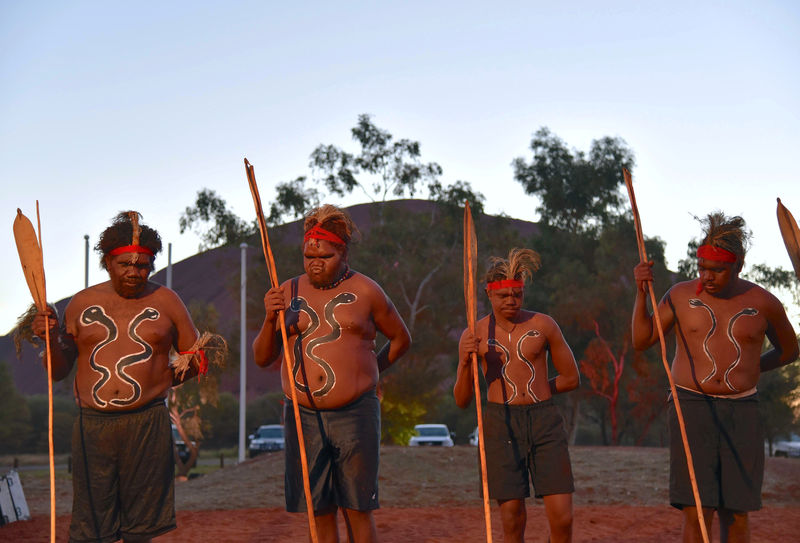The Australian Academy of Science and the Australian Academy of Health and Medical Sciences, in collaboration with the Leukaemia Foundation, are actively seeking contributions to shape a 10-year plan aimed at accelerating blood cancer research in Australia.
This initiative represents a concerted effort to drive significant advancements in the treatment and understanding of blood cancers.
The proposed roadmap is comprehensive, focusing on leveraging cutting-edge technologies such as genomic testing and immunotherapies.
These innovative approaches offer the promise of more targeted and effective treatments, with recent progress in therapies like CAR T-cell treatment showcasing their potential in treating certain types of lymphoma and leukaemia.
The Academy and the Leukaemia Foundation are seeking input to help develop a 10-year plan to accelerate blood cancer research in Australia. We want to hear from researchers, patients, clinicians, nurses, and others about potential barriers, strengths, and opportunities that could… pic.twitter.com/68wWYHkX8D— Australian Academy of Science (@Science_Academy) December 11, 2023
Challenges
A significant challenge outlined in the roadmap is the need for increased funding.
Despite a substantial investment of A$125 million between 2018 and 2020, blood cancer research remains comparatively underfunded. Addressing this funding gap is crucial for the roadmap's success.
The document also emphasises Australia's strong reputation in scientific and medical research, advocating for high standards and robust guidelines.
This strong foundation is essential for the global recognition of Australian clinical trials and research findings.
Another focus area is the need to overcome geographical disparities in healthcare delivery, particularly in remote and rural communities.
Enhancing access to care in these areas is vital for positioning Australia as a leader in remote healthcare delivery.
The roadmap concludes with several critical questions aimed at refining research priorities and strategies, including aligning funding, addressing remote community challenges, and enhancing international research collaborations.
